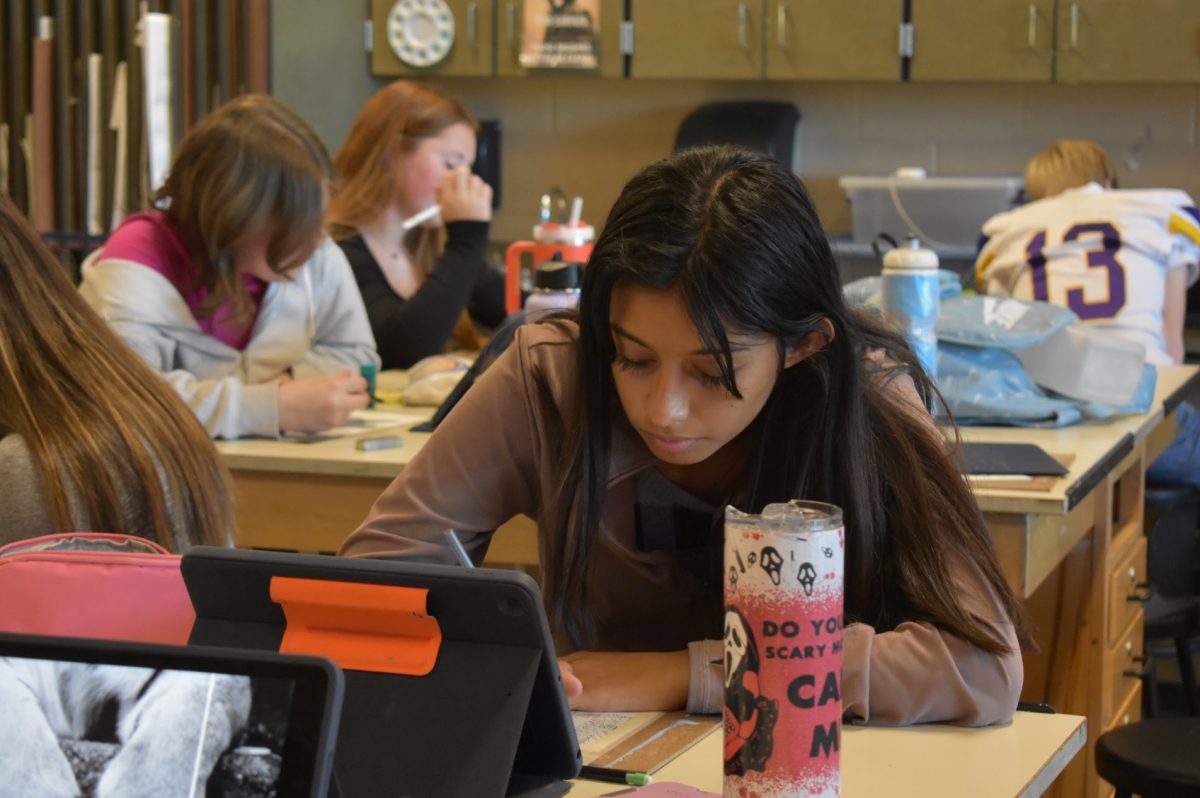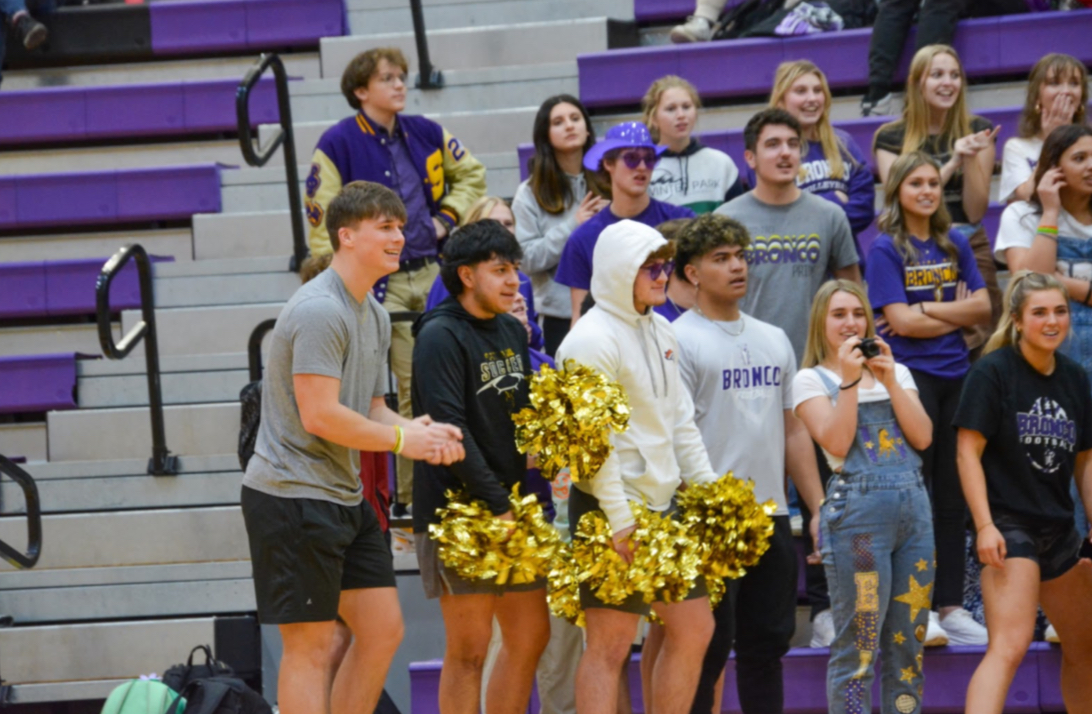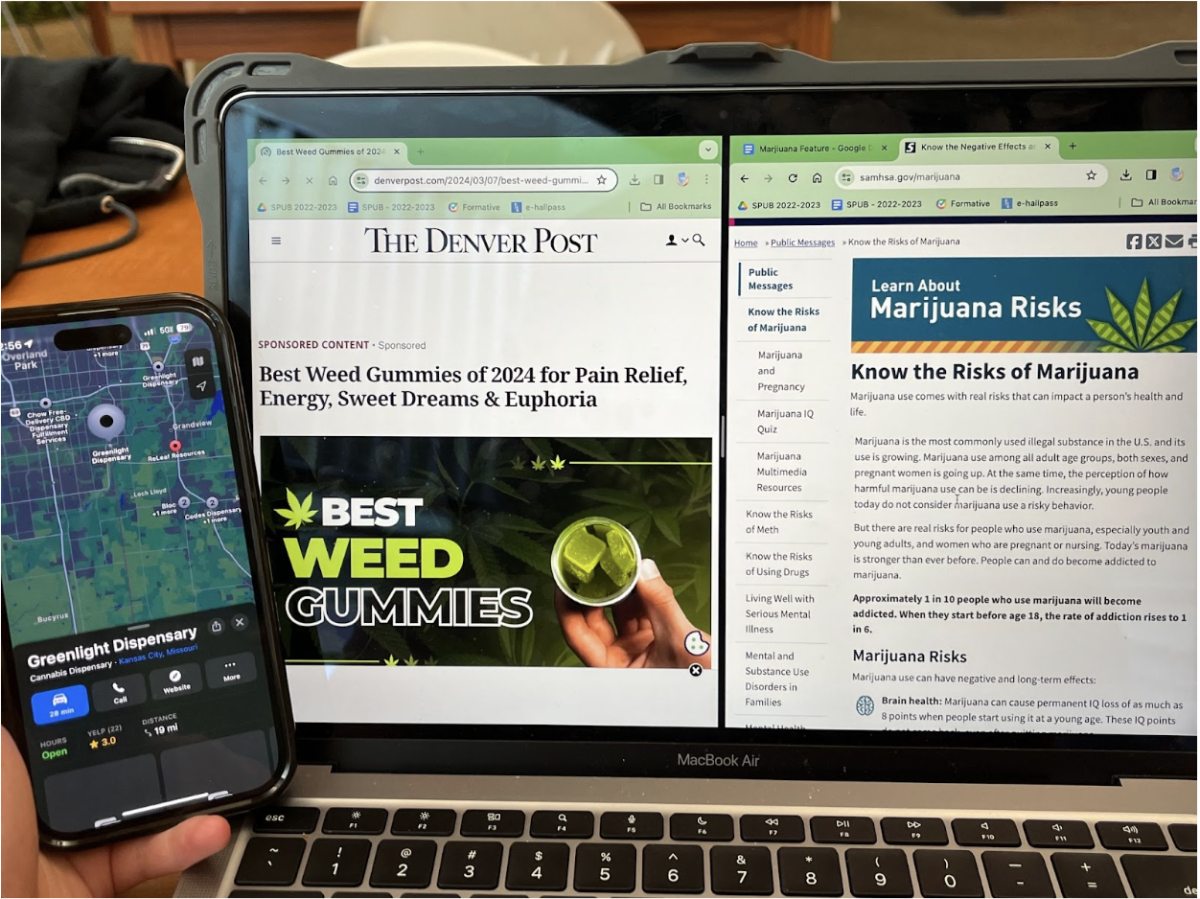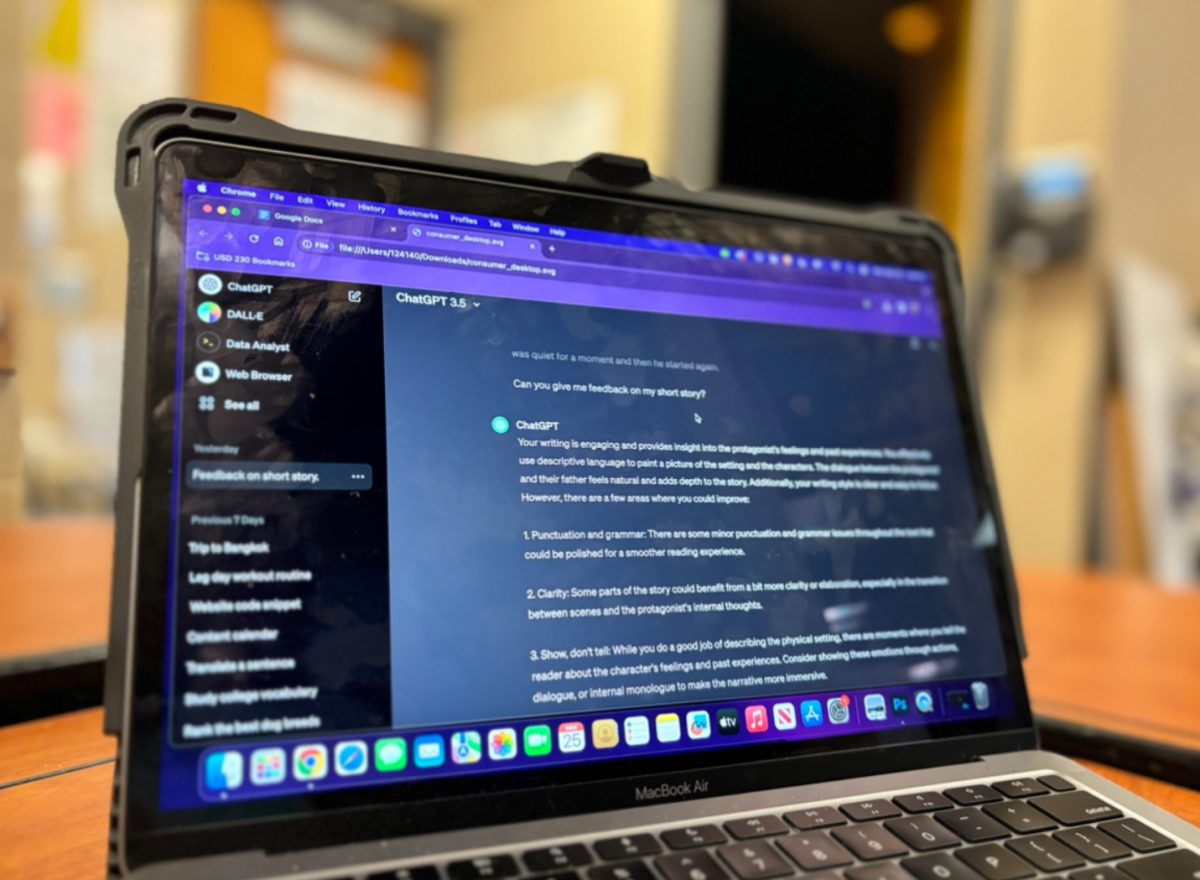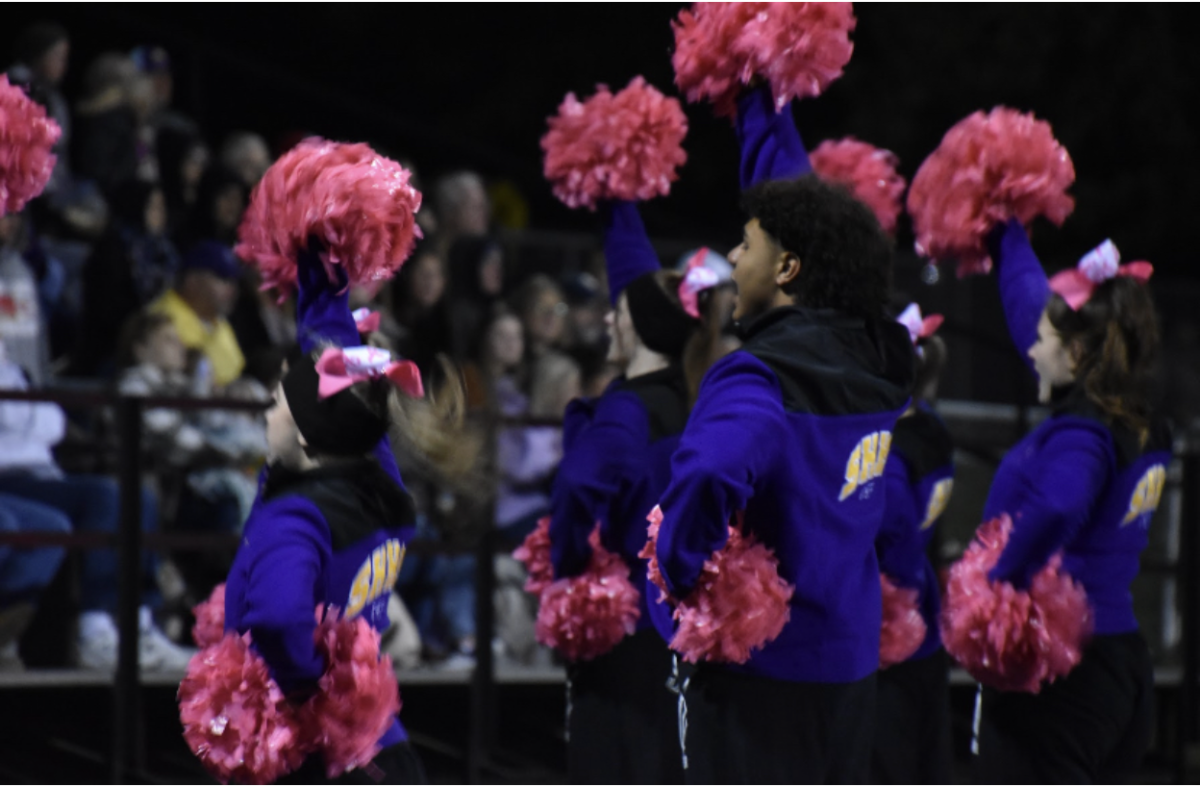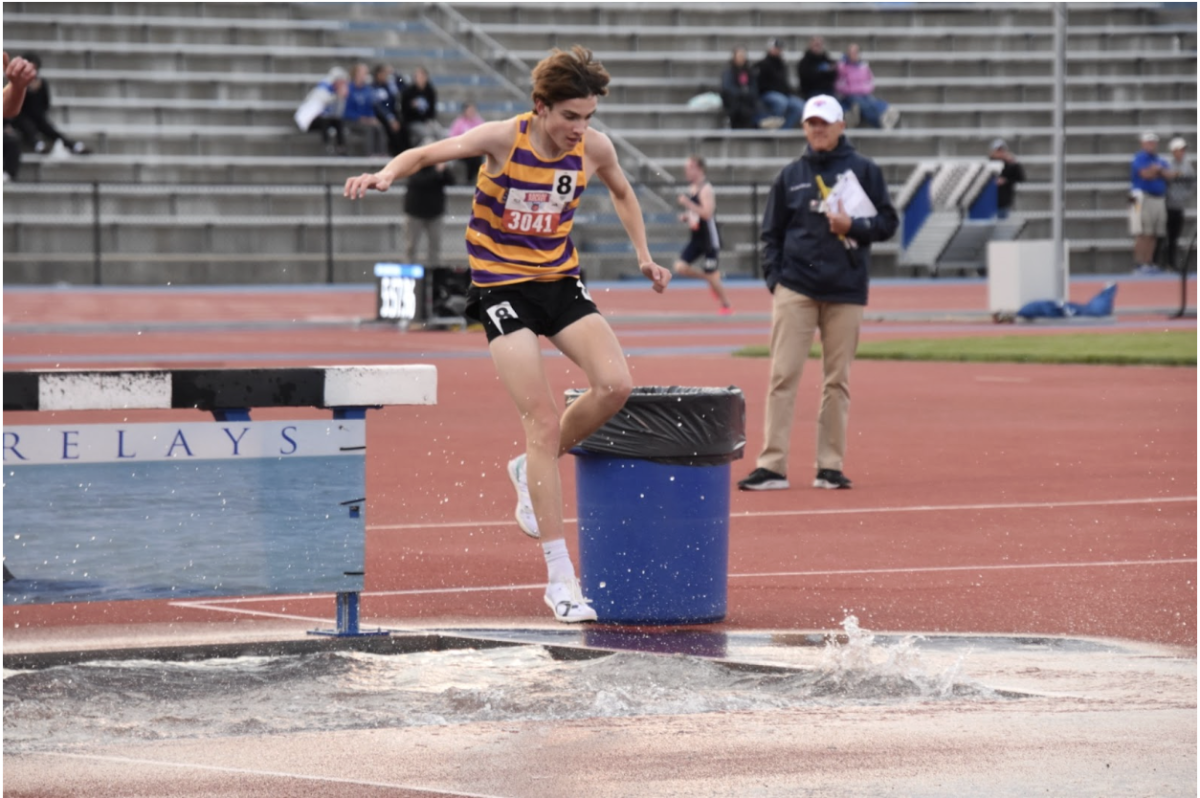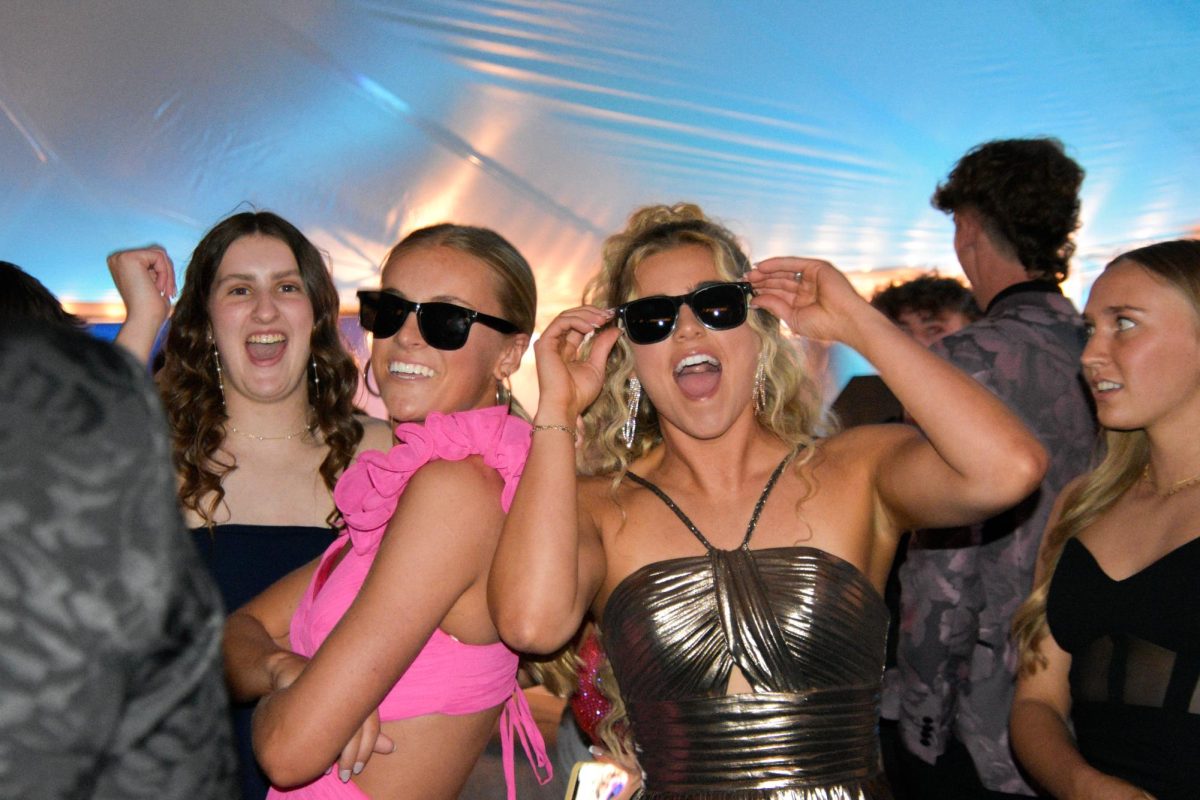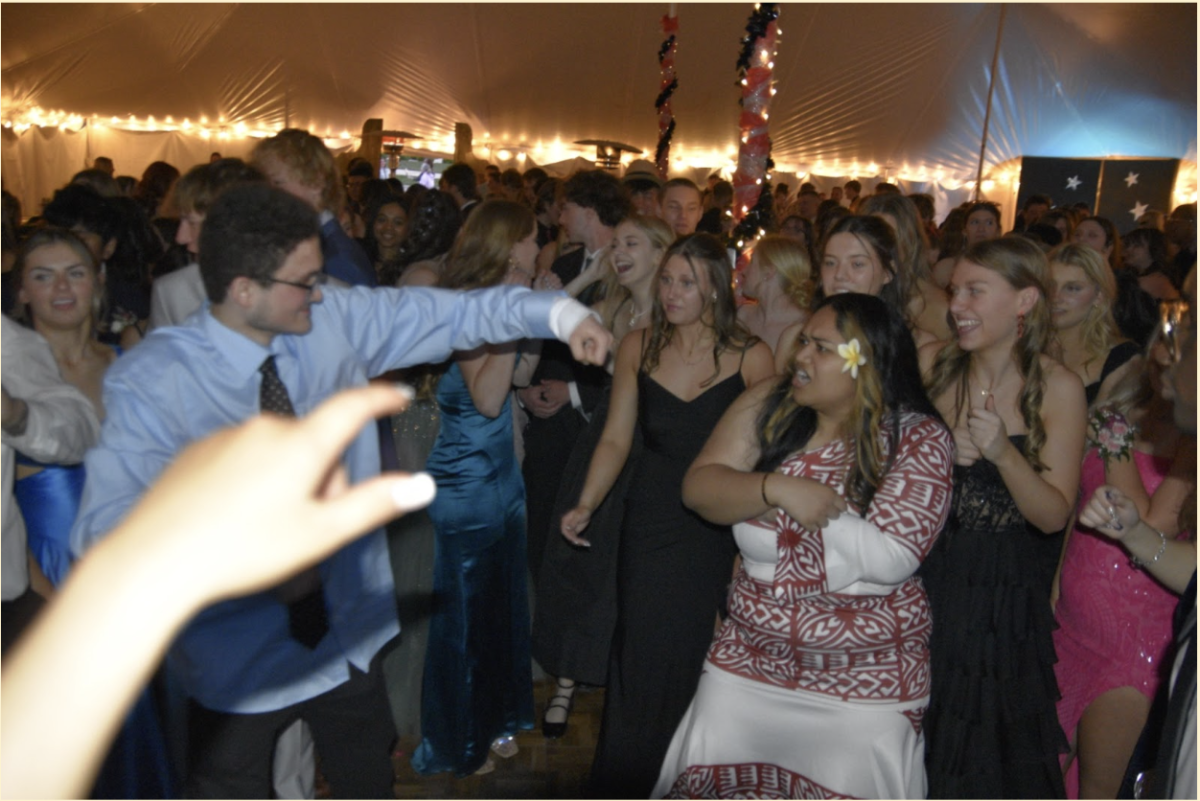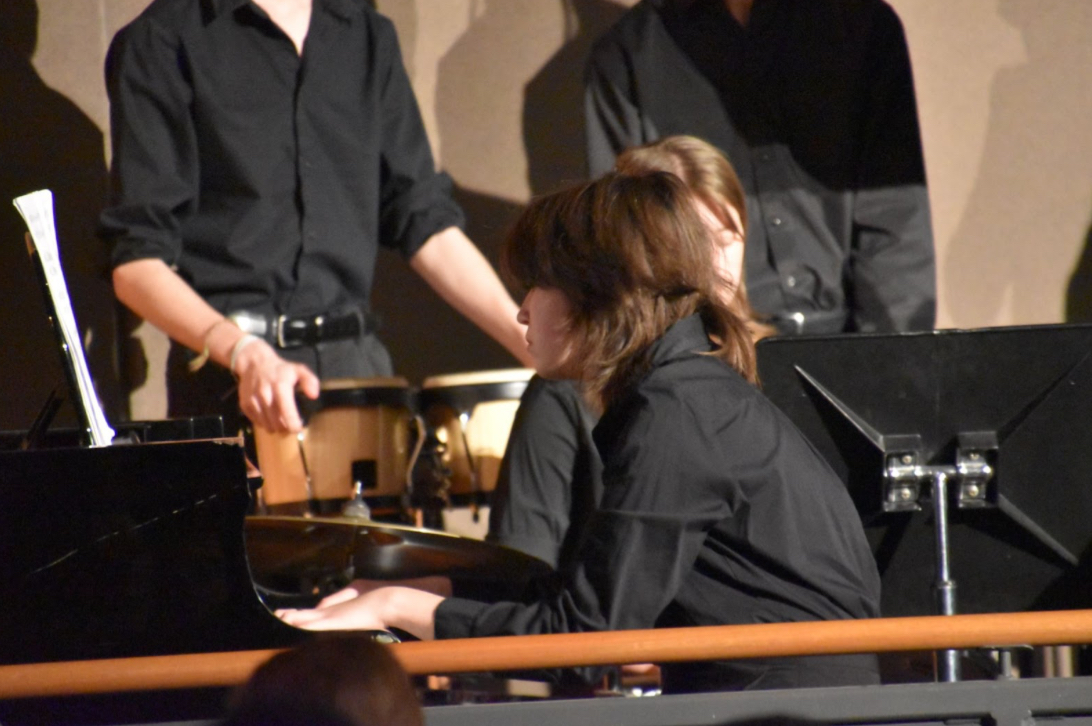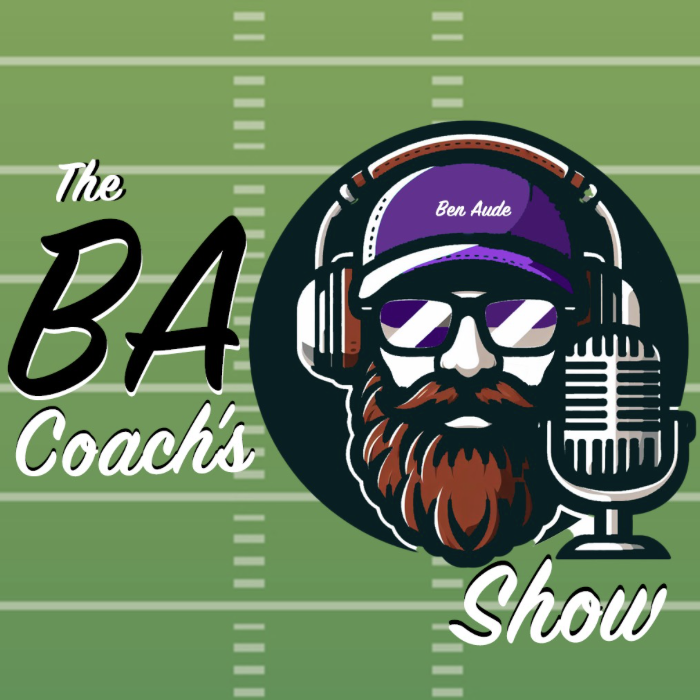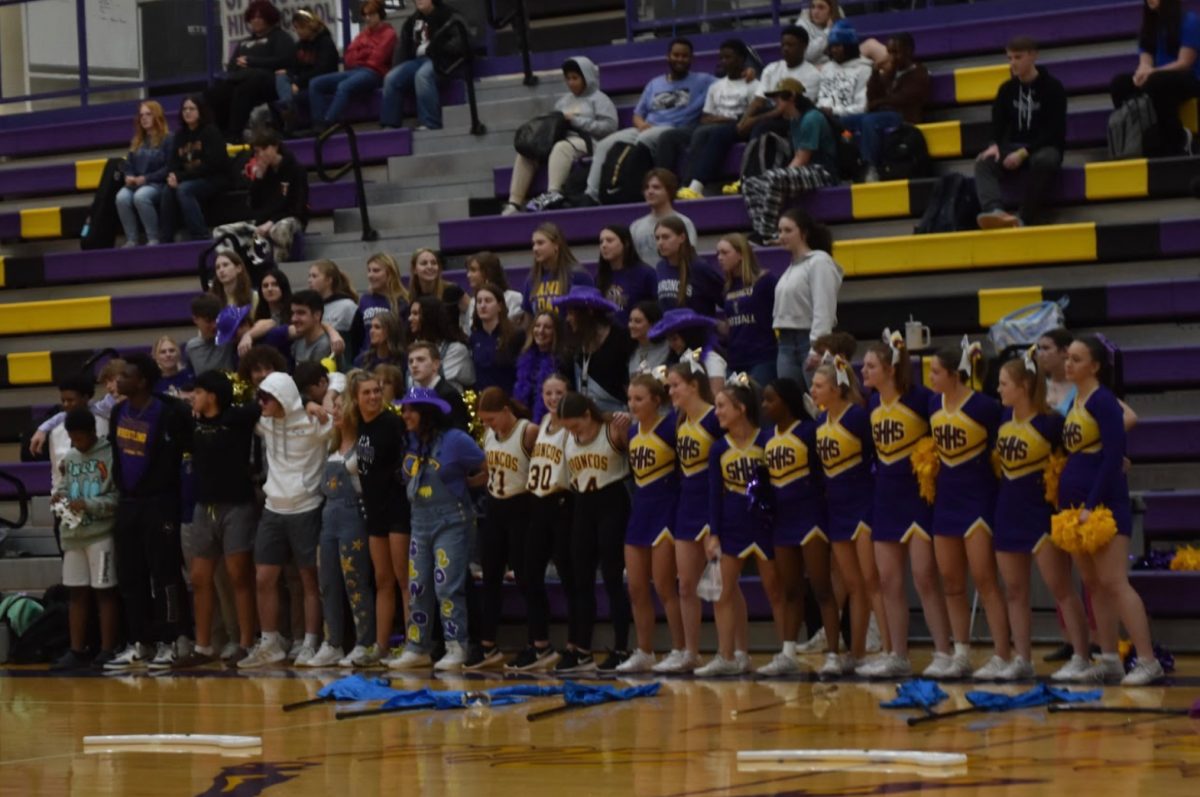Whether it’s a few too many yawns, a student laying their head down in class, or the empty energy drinks occupying trash cans, the signs of exhausted students can be observed all around the high school. While this can be connected to several reasons, the most significant perpetrator is technology.
Kim Hanson, school psychologist, has seen technology get in the way of students’ ability to perform on a day to day basis.
“I think students stay up later because it’s just easier to stay in bed and scroll on their phone or do whatever… I’m fairly confident that a lot of students, even once they fall asleep, their phone will wake them up with notifications. Once
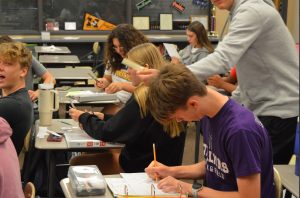
they go to sleep they don’t get a good night’s sleep,” Hanson said.
Hanson also shared the results of their recent research on this subject.
“I did look up research on the National Association of School Psychologists and there are a couple of studies out there that actually agree with this,” Hanson said. “They feel like students are not getting the sleep that they need in order to function the best that they can each day, because of technology.”
Hanson isn’t the only one who notices phones and other electronics disrupting the student body’s sleep.
“I just get so addicted to looking at stuff online. Like TikTok, there’s this whole thing about scrolling for hours without even realizing it because the videos are so short and you are just always scrolling to watch the next one that you just lose track of time; I relate to that so much. An hour to two hours before I don’t get on it because I know I could get distracted on it,” Kenadee Staab, 11, said.
There is a clear divide between students who get their full eight hours of sleep and those who struggle to get five on any given night. Staab normally has no problem getting the recommended hours of sleep.
“I get eight hours of sleep each night, sometimes nine. I wake up at 6:30 every single day no matter what,” Staab said. “I never [prioritize assignments over
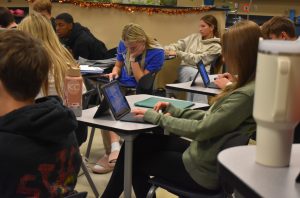
sleep]. If I have something due at 11:59, I am still going to bed at ten o’clock. I’ll maybe stay up till 11 if it’s really important and I’m falling behind in the class.”
For Kaylie Knaebel, 11, their technology has proved a problem to going to bed on time.
“[Sometimes I tend to] be on the phone with friends instead of going to sleep… [my phone] gets in the way of sleep, it’s really TikTok [that’s the problem],” Knaebel said. “I have the mindset that it will make me more tired if I just watch TikTok for hours. My TV also [gets in the way of my sleep]. I’ll be watching Grey’s Anatomy and lose track of time.”
It’s common for students to put work, school assignments, sports, and other hobbies before their sleep.
“I usually [go to bed] at 12. I prioritize pretty much everything over going to sleep. Sleep when you’re dead is what I say,” Blake McLaughlin, 12, said.
Hanson provided a solution to students’ less than desired sleep schedules.
“I think if all technology could be put away an hour before bedtime, and then there is a set time… once again, there’s all kinds of research out there that says we need a consistent seven to eight hours of sleep, even as adults. If we could be getting that, I think teenagers would function much more positively at school.”


